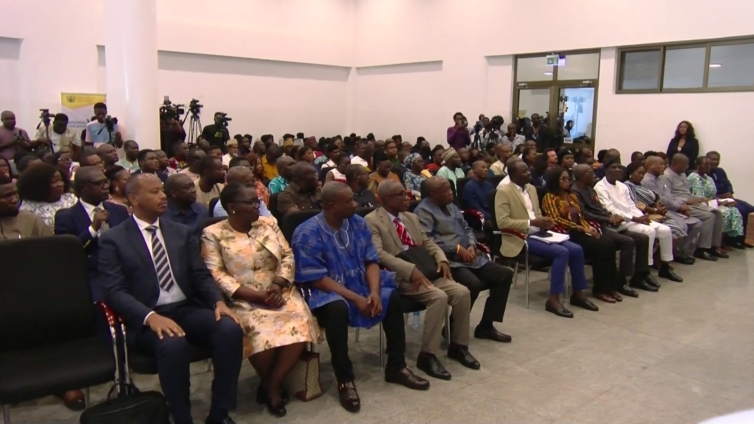The National Education Consultative Committee, which is spearheading the National Education Forum, is set to present its final report to the President by March 28.
The 8-member committee led by former Pro Vice Chancellor of the University of Cape Coast, Prof George K.T. Oduro, was tasked by President John Dramani Mahama, to consult stakeholders in the educational sector and come out with recommendations to reform Ghana’s education system.
The committee began work on February 18, 2025, through a forum with parents, students, CSOs, and other sector players in Ho.
Speaking to JOYNEWS at a final validation and closing forum at the University of Professional Studies, Accra (UPSA) Chairman of the committee, Prof Oduro said,“hopefully, by 28th March, we would have finished the report.”
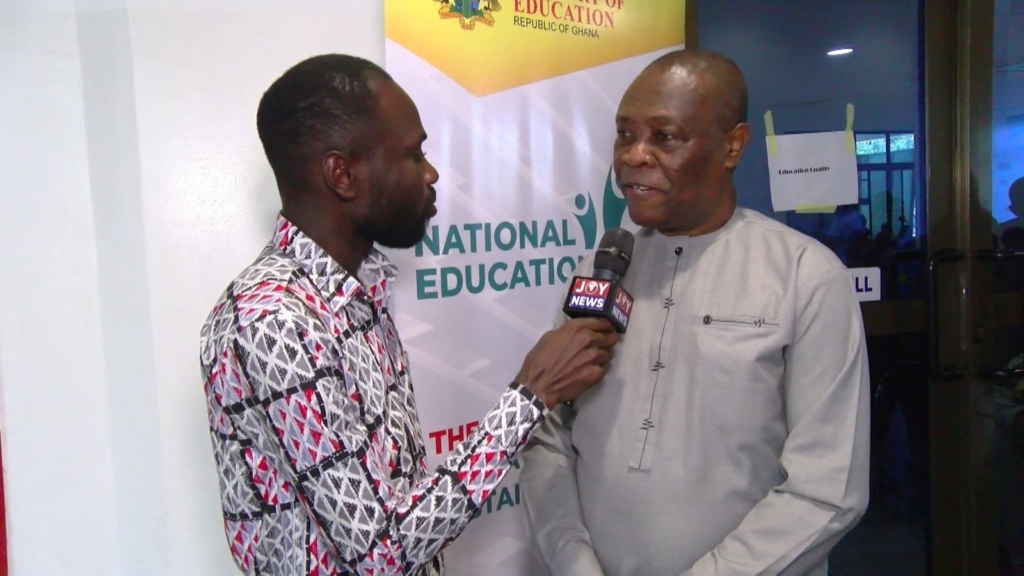
"We are done with the various consultations, and what we are doing now, is to bring all of the key suggestions back to all the stakeholders to either accept or make a few changes to them. That is why we are holding the final validation programmes,” he emphasised.
FREE SHS FUNDING
Shedding some light on the key findings of the committee around the five thematic areas: “Education Infrastructure, Educational Quality Provision, Regulation, Accountability and Governance, Education Financing, and Research and Data,” Prof Oduro said, most of the stakeholders have made a good case for parents-government burden sharing under the Free SHS policy going forward.
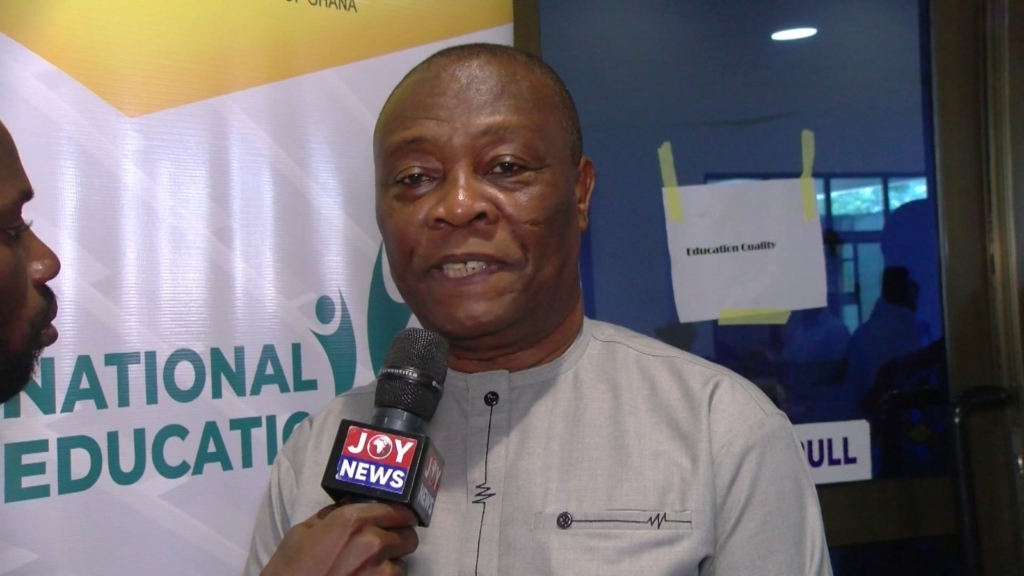
According to him, “Free SHS has been an issue across all stakeholders. Majority thinks that there should be a review where boarding should be paid by parents. One other view that came up strongly is that government should introduce lunch for both day and boarding students, but parents should pay for breakfast and dinner for the boarding students.”
INFRASTRUCTURE DEVELOPMENT
The committee’s findings have also indicated that stakeholders are suggesting a public-private partnership to address the growing infrastructure deficit in the educational sector.
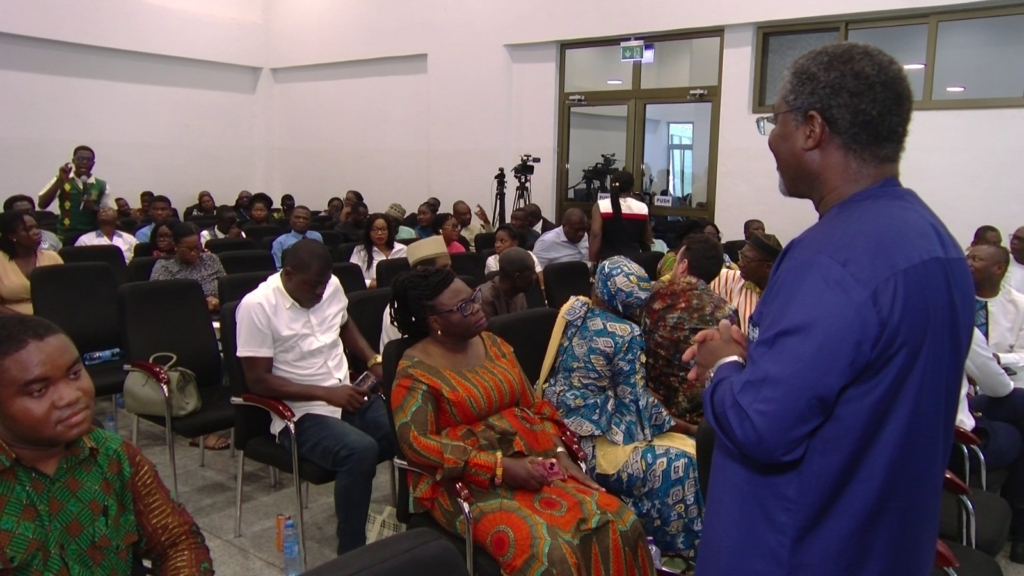
“In fact, all stakeholders have expressed concerns about uncompleted buildings across schools. People have talked about pupils in basic schools operating under trees, some operating in schools without desks and others. The other side about infrastructure is digitization.
We are not digitizing learning, and online has become an issue. So, some recommendations that have come up is public-privatization to address this issue” Prof Oduro noted.
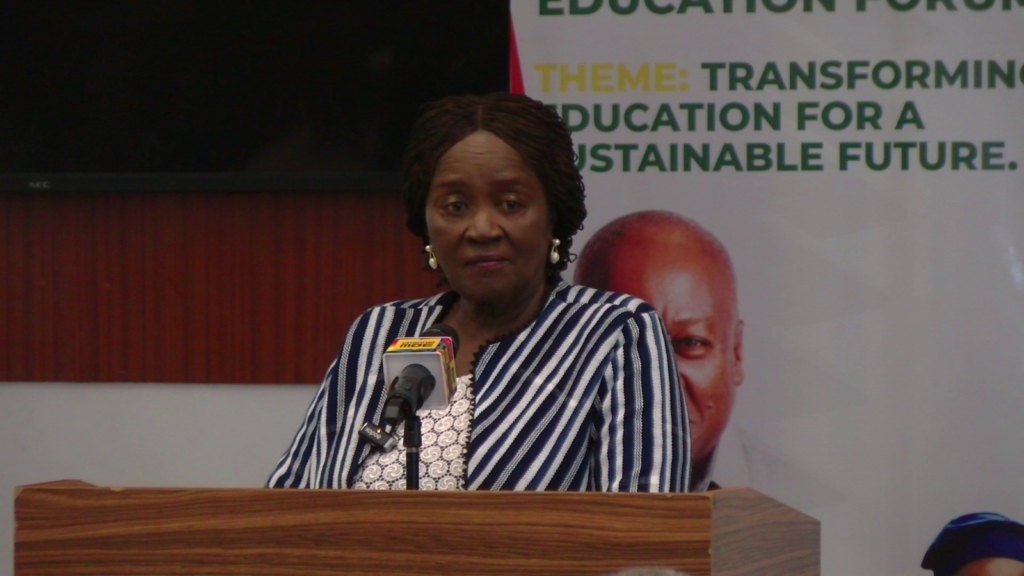
The full findings and recommendations on a clear roadmap for implementation will be presented to President John Dramani Mahama by the end of this month.
Latest Stories
-
Asante Kotoko to feature in next season’s CAF Confederation Cup
4 minutes -
CWC 2025: PSG run riot against 10-man Atletico Madrid
14 minutes -
Government to release DRIP machines for farm road projects – Agric Minister
14 minutes -
Government’s justification for fuel tax suspension ‘a joke’ – MP
19 minutes -
‘We pampered them too long; now they’re biting,’ Franklin Cudjoe says of nurses’ strike
1 hour -
EC to update Parliament on Ablekuma North deadlock this week
1 hour -
Share a Coke magic of finding your name on the iconic bottle returns
1 hour -
See list of 25 private schools added to the free SHS programme
1 hour -
Coding is no longer enough: Why Africa needs AI literacy in every school
1 hour -
Ghana risks economic strain if Israel-Iran tensions escalate – Adomako-Mensah
2 hours -
Bridging the AI Education Gap: How African schools can leapfrog into the future
2 hours -
Today’s Front pages: Monday, June 16, 2025
2 hours -
Minority raise concerns over delayed disbursement of common funds
2 hours -
Appolonia City provides hot meals for BECE candidates in major CSR initiative
2 hours -
Dubai’s AI Operating System: A strategic blueprint for governments and future of African economies
2 hours

